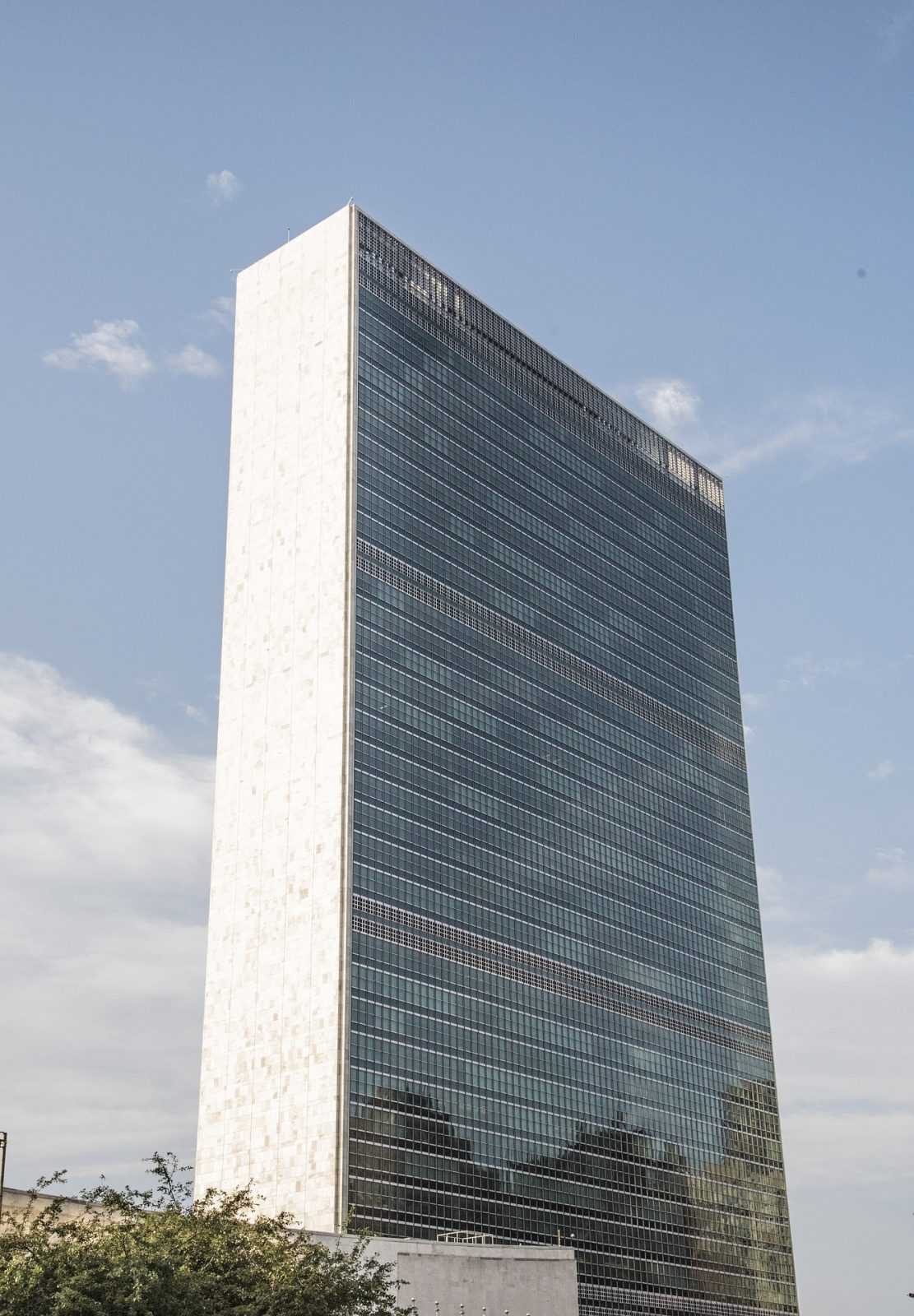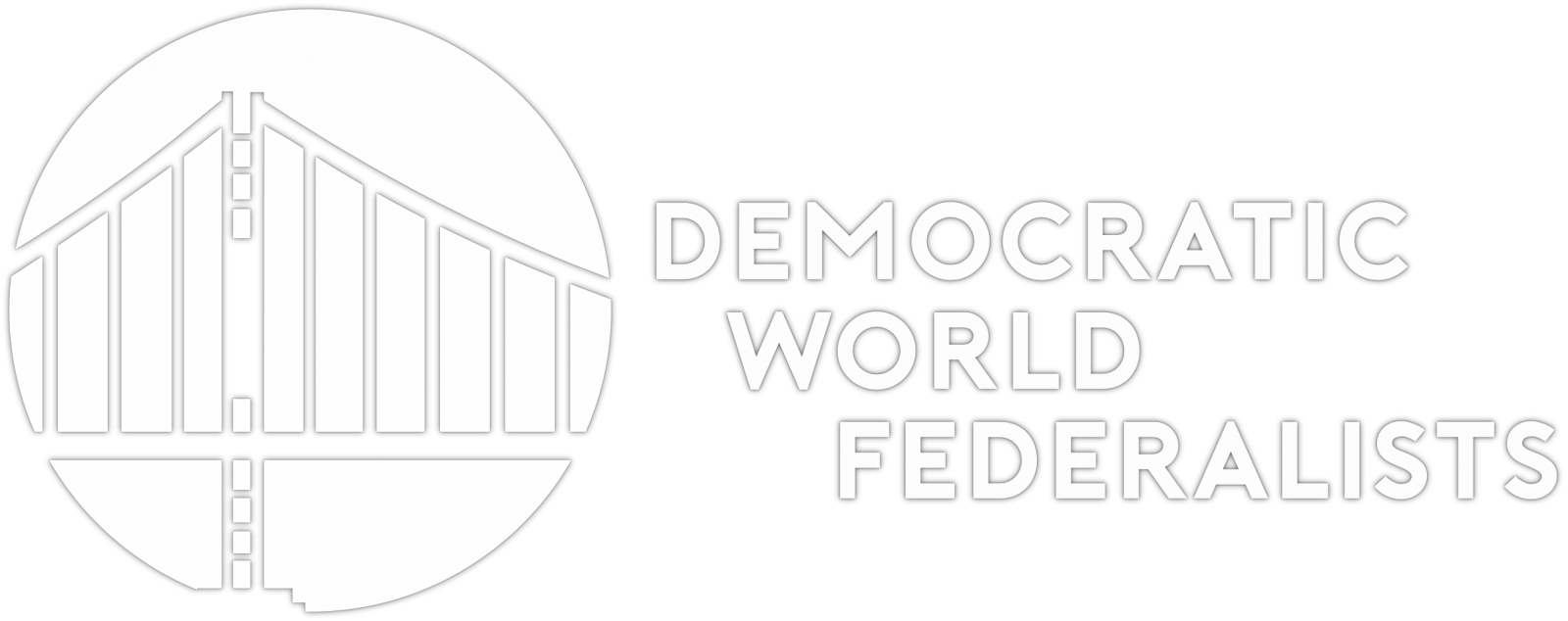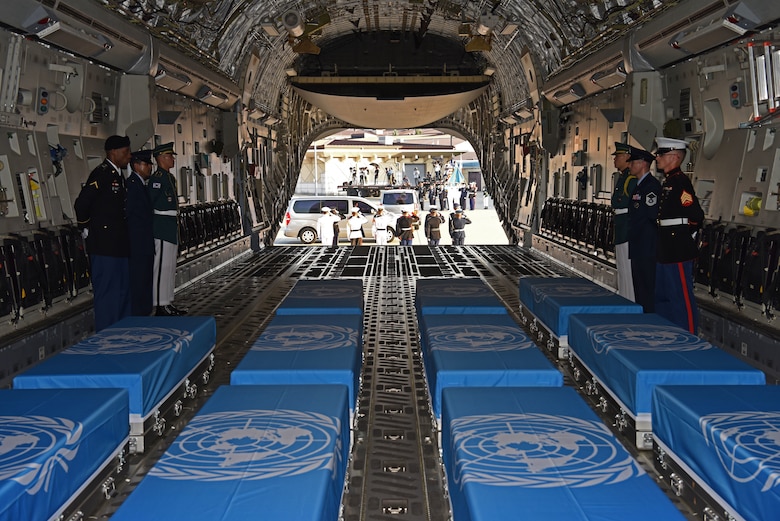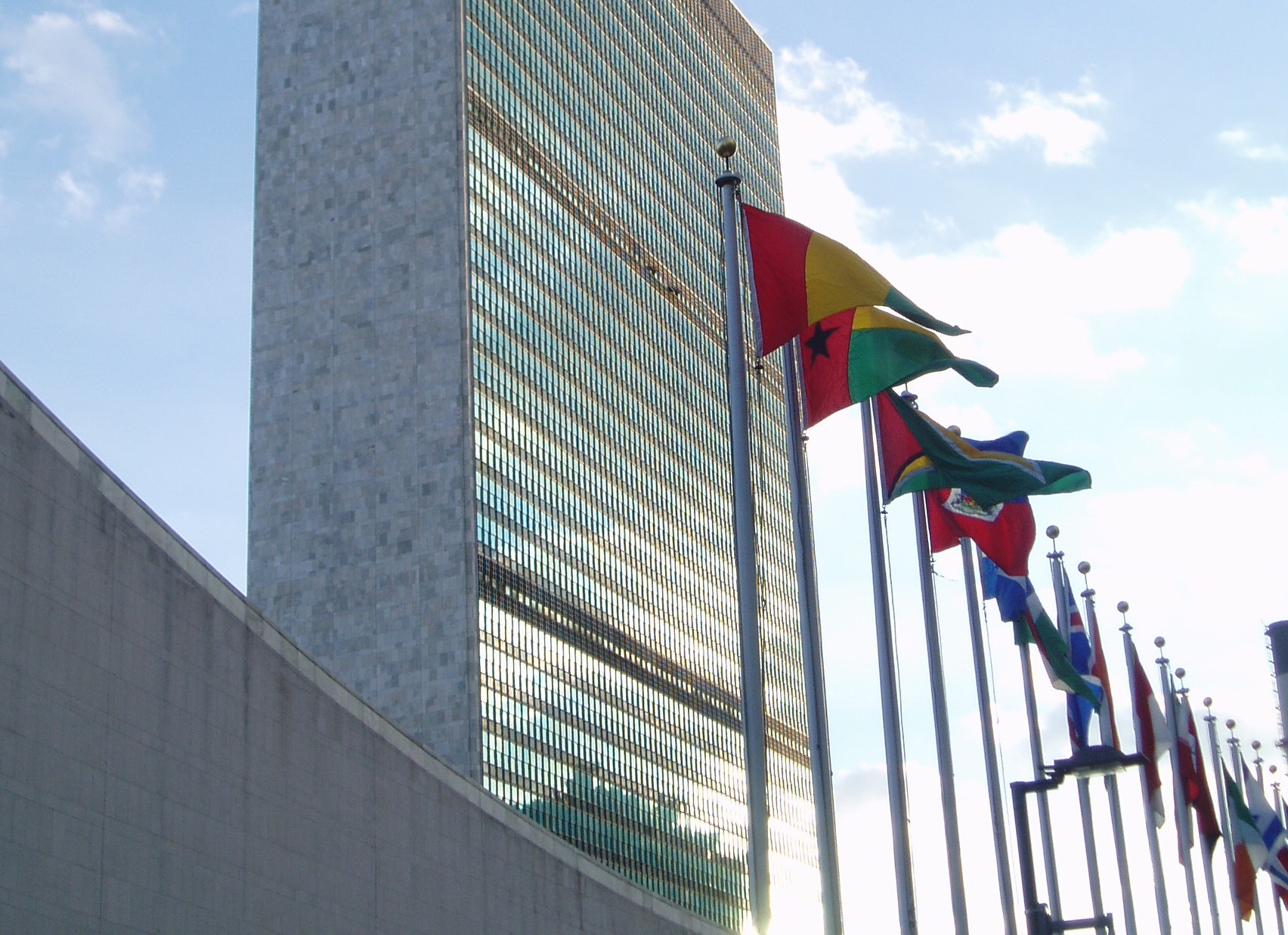Shahr-yar Sharei
Executive Director | Center for United Nations Constitutional ResearchThe San Francisco Promise is the promise of UN Reform
The Security Council (SC) of the United Nations is the organ charged with maintaining “international peace and security” and, under international law, represents the ultimate authority in respect
Looking back at the decades that have passed since its establishment in 1945, the SC has utterly failed. Not only has the veto-power of the five permanent members (P5) resulted in inaction with devastating consequences, but there is also


THE SAN FRANCISCO PROMISE
Click to Learn More

Flaws Foreseen by the Founding Fathers
These flaws in the system were already anticipated by the signatories of the UN Charter at the 1945 San Francisco conference. Especially the extensive veto-powers that the P5 had decided to grant themselves provoked fierce opposition. However, the geopolitical balance of power at the time made it impossible for smaller countries to stand up against the driving force behind the Charter, the United States. U.S. representatives thus were able to pacify critical voices by offering a mechanism for further democratization and reform of the SC at a later point in time.
The Power to Veto Amendments to the Veto-Power
This concession took the form of Articles 108 and 109 concerning Charter review procedures. While Article 108 describes the required steps for making specific amendments, Article 109 introduces the option of a review conference outside of the usual General Assembly (GA) meetings with the purpose of a comprehensive “review” of the Charter. Both these avenues for making changes to the UN Charter include the criteria of two-thirds of the UN member states voting for and ratifying a proposed amendment. However, in addition, “all the permanent members of the Security Council” must also ratify before the amendment goes into force. This unanimous concurrence of the P5 is the biggest challenge to adopting any amendment to the UN Charter, particularly if the interest of a P5 member is threatened or the P5 member’s privileged veto rights are diluted or revoked.
The Unfulfilled Promise of Article 109(3)
The significant advantage that Article 109 provides over 108 is found in its third paragraph. The founders of the UN Charter and all the countries signing it expected a General Conference (Review Conference) to be held—if it was not already held earlier—at “the tenth annual session of the General Assembly.” Further, if this was not the case, “the conference shall be held if so decided by a majority vote of the members of the General Assembly and by a vote of any seven members of the Security Council.” In other words, the intention was not only to hold such a review conference but also the procedures to convene it were made significantly easier for the time after the tenth session by requiring only a simple majority of both General Assembly and the Security Council to concur – crucially, no veto could be used. Curiously, despite widespread discontent with the current state of the SC and the provision that a review conference should be held no later than 1955, no such action has occurred to this date.
A Lost Fight?
The reason for why most international law scholars and
However, when it comes to the practice, there is disagreement, as to how a member of the P5 can veto the outcome of a Charter Review once it was held. For example, the Charter is not clear as to the duration of the ratification process, and what happens if a member of the P5 abstains from the ratification process, neither adopting or rejecting the review outcome. Further, once amendments have passed the stage of recommendation and the ratification process is started, the P5 have historically been much more prone to give in to global political pressure of the majority, despite their formal power of unilaterally putting an end to any change of the Charter.
What Comes Next?
Even though there are multiple possible pathways, the most likely option for
By: Shahr-yar Sharei / Edited: Andreas Bummel
Shahr-yar Sharei is the Executive Director of the Center for UN Constitutional Research (CUNCR) in Brussels

Become a Member
By Becoming a member of the DWF, you help to keep us by running our basic operations and promoting our ideas.
What is World Federalism?
World Federal Government (WFG)
Original Publisher
Dissident VoicePeter Koenig is an economist and geopolitical analyst. He is also a former World Bank staff and worked extensively around the world in the fields of environment and water resources. He lectures at universities in the US, Europe

